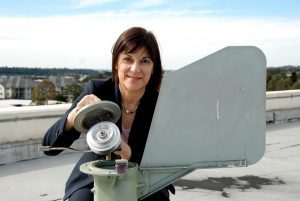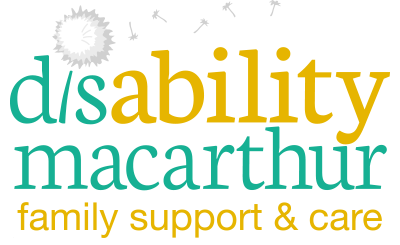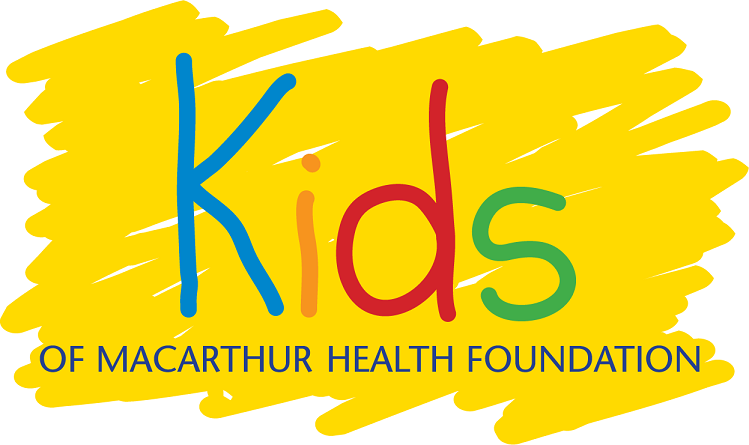
Two pollen traps sit on the roof of Campbelltown Hospital capturing the metropolitan area’s pollen count, which has been “moderate” for the last few weeks.
That may change after today’s forecast of very heavy rain.
The trap acts like a vacuum, sucking up the pollen.
It sticks to a glass slide inside and it is checked daily during peak hay fever season.
Under a microscope, the pollen’s size, shape and pores are clear markers for determining from which grass, tree or weed it originated.
Campbelltown Hospital immunology and allergy director Connie Katelaris and clinical trials coordinator Pamela Burton have been counting pollen at Campbelltown for the last 12 years.
“October, November and December are when Sydney’s hay fever season peaks,’’ says Professor Katelaris said.
“The recent rainfall followed by sunny days has given weeds, grasses and trees a big boost.
“As the heads of grasses and weeds appear, the pollen count rises.”
With heavy rain forecast for the next 24 hours, followed by warm weather, local residents prone to hay fever and asthma are being urged to take extra care over the next few days.
Up to 25 per cent of Sydney’s population experience hay fever symptoms which include sneezing, a runny nose and itchy eyes.
Hay fever is caused by the nose or eyes coming into contact with environmental allergens such as pollens, dust mites, moulds and animal hair.
Many associate hay fever with spring, when airborne grass pollens are at their peak.
Pamela Burton said being prepared for the day was the best way to avoid hay fever symptoms at this time of year.
“When you are exposed to pollen it has an immediate effect and when triggered it can last for hours,” she said.
If you are prone to hay fever symptoms, avoid being outdoors on high pollen days, shower after outdoor activities, use re-circulated air in the car when pollen is high, wear sunglasses, avoid mowing the lawn, dry your bedding and clothing in a tumble dryer and splash your eyes often with cold water to flush out any allergen.
- The South Western Sydney Local Health District will invest more than $920,000 into immunology and allergy treatment in the 2018/19 financial year.



